Planning your dream wedding in Vermont? The beautiful Green Mountain State offers an array of stunning backdrops, making it the perfect destination for a memorable celebration. But as you dive into your planning, one of the most exciting decisions you’ll make is choosing the type of wedding ceremony that best suits your love story. Whether you’re envisioning a traditional or modern ceremony, we’ve got inspiration for you!
Here are several types of wedding ceremonies to consider for your Vermont wedding, along with essential officiant requirements to keep in mind.
1. Why Choose A Traditional Religious Ceremony
For couples who want to incorporate their faith into their wedding, a traditional religious ceremony may be the perfect fit. This option often includes structured rituals and prayers specific to your religion. In Vermont, you can hold your religious ceremony in a variety of settings, including churches, temples, and even outdoor locations like scenic mountaintops.
Officiant Requirements: In Vermont, religious ceremonies can be officiated by a minister, priest, rabbi, or other religious leader. The officiant must be authorized to perform marriages in the state, so make sure they have the proper credentials before your big day.
2. Why Choose A Civil Ceremony
If you prefer a straightforward, non-religious ceremony, a civil wedding may be ideal. Civil ceremonies focus on the legal aspect of the marriage without incorporating any religious elements. These ceremonies are often short and can be customized to include meaningful vows and personal touches. Vermont’s town offices or picturesque locations like parks are popular for civil weddings.
Officiant Requirements: Civil ceremonies in Vermont can be officiated by a justice of the peace, judge, or other legally appointed individuals. Most couples opt for a local justice of the peace, easily accessible in every Vermont town.
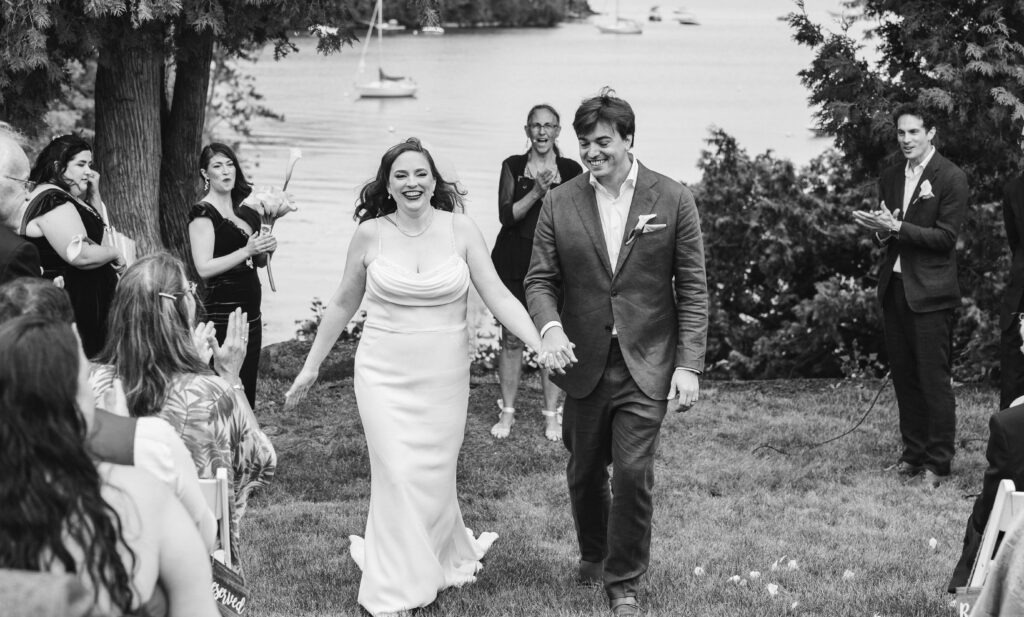
3. Why Choose A Humanist Ceremony
For couples who wish to celebrate their love with an emphasis on human connection and shared values rather than religious traditions, a humanist ceremony may be a great choice. These ceremonies are deeply personal, often incorporating poetry, music, and readings that reflect the couple’s beliefs and relationship.
Officiant Requirements: In Vermont, a humanist officiant can legally perform weddings as long as they are registered to do so in the state. Many humanist celebrants are available, and they offer flexibility in creating a ceremony that resonates with your love story.
4. Why Choose A Destination Elopement Ceremony
Elopements have gained popularity for couples seeking an intimate, spontaneous, or adventure-filled ceremony. Whether you envision saying “I do” on a Vermont mountaintop, near a cascading waterfall, or in a cozy bed and breakfast, destination elopements are romantic and minimal in planning.
Officiant Requirements: For an elopement in Vermont, you can hire a local officiant like a justice of the peace or ordained minister, or even bring along a friend or family member who gets temporary officiant credentials.
5. Why Choose A Secular Ceremony
A secular wedding ceremony is another non-religious option that focuses purely on the couple’s union without traditional or legal constraints. It often includes personal vows, symbolic gestures, and customized readings. Vermont’s natural beauty can serve as a breathtaking backdrop for these personalized ceremonies, whether held in a meadow, forest, or lakeside venue.
Officiant Requirements: Just as with other ceremonies, secular weddings in Vermont require an officiant authorized by the state, including justices of the peace, judges, or ordained ministers.
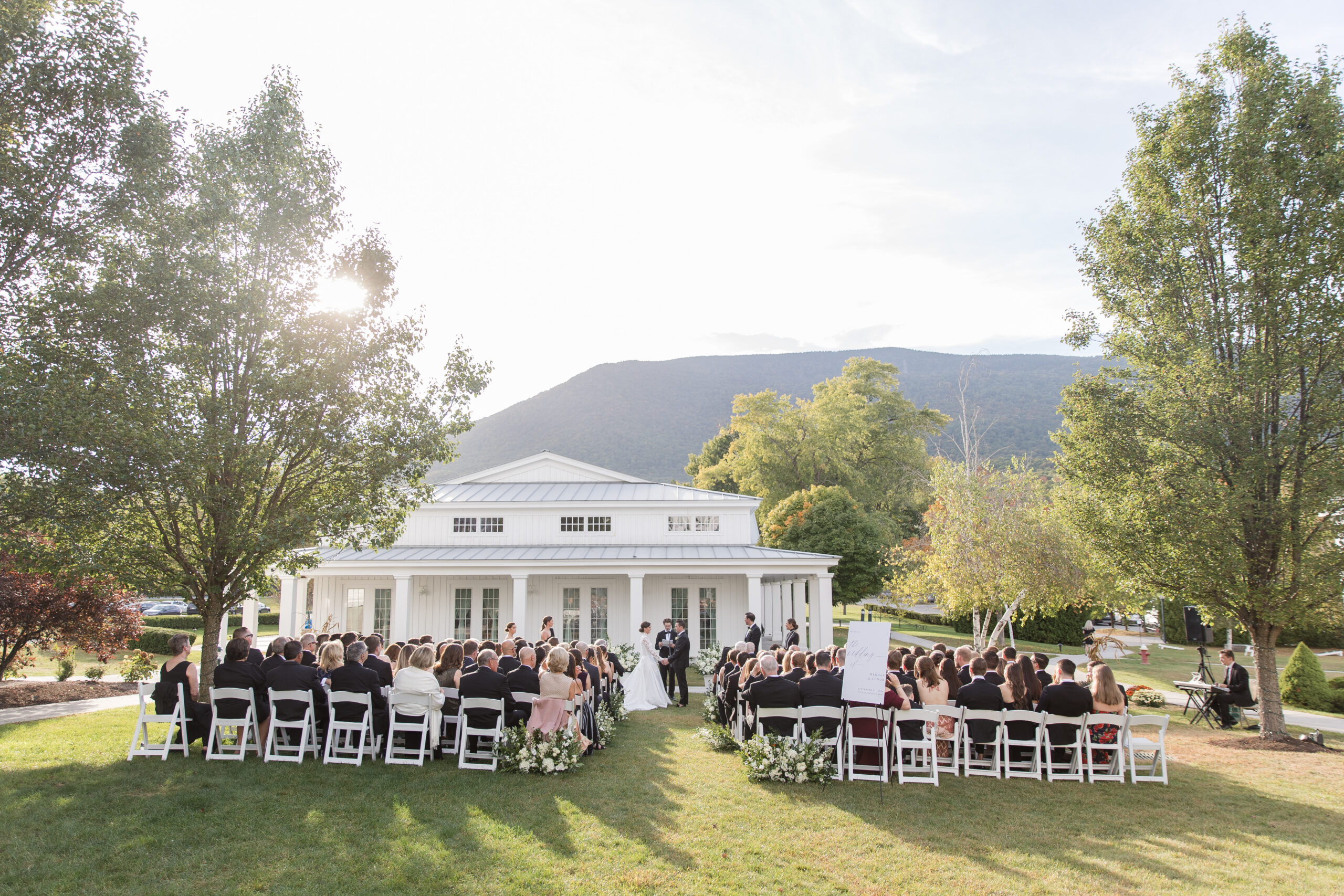
6. Why Choose A Cultural or Heritage-Based Ceremony
For couples who want to honor their cultural or ancestral heritage, incorporating traditions from your background can add meaning and beauty to your wedding day. From handfasting rituals in Celtic ceremonies to the breaking of the glass in Jewish ceremonies, cultural elements bring a deep sense of identity to your celebration.
Officiant Requirements: Depending on the type of ceremony, you may need an officiant familiar with your cultural traditions. Ensure your officiant is legally registered to perform ceremonies in Vermont.
7. Why Choose An Interfaith Ceremony
If you and your partner come from different religious or spiritual backgrounds, an interfaith ceremony can beautifully blend your traditions. This type of ceremony allows you to honor both faiths and create a truly inclusive celebration of your union.
Officiant Requirements: You can hire either one officiant from one of your faiths or two officiants to co-officiate the ceremony. Both must be authorized to officiate weddings in Vermont.
8. Vow Renewal Ceremony
For couples already married but looking to renew their vows in a magical Vermont setting, a vow renewal ceremony allows you to celebrate your journey together. This ceremony can be intimate, including only close family or friends, or as large as you’d like.
Officiant Requirements: Since vow renewal is not legally binding, you do not need a licensed officiant. However, many couples choose to hire a celebrant or trusted family member to lead the ceremony.
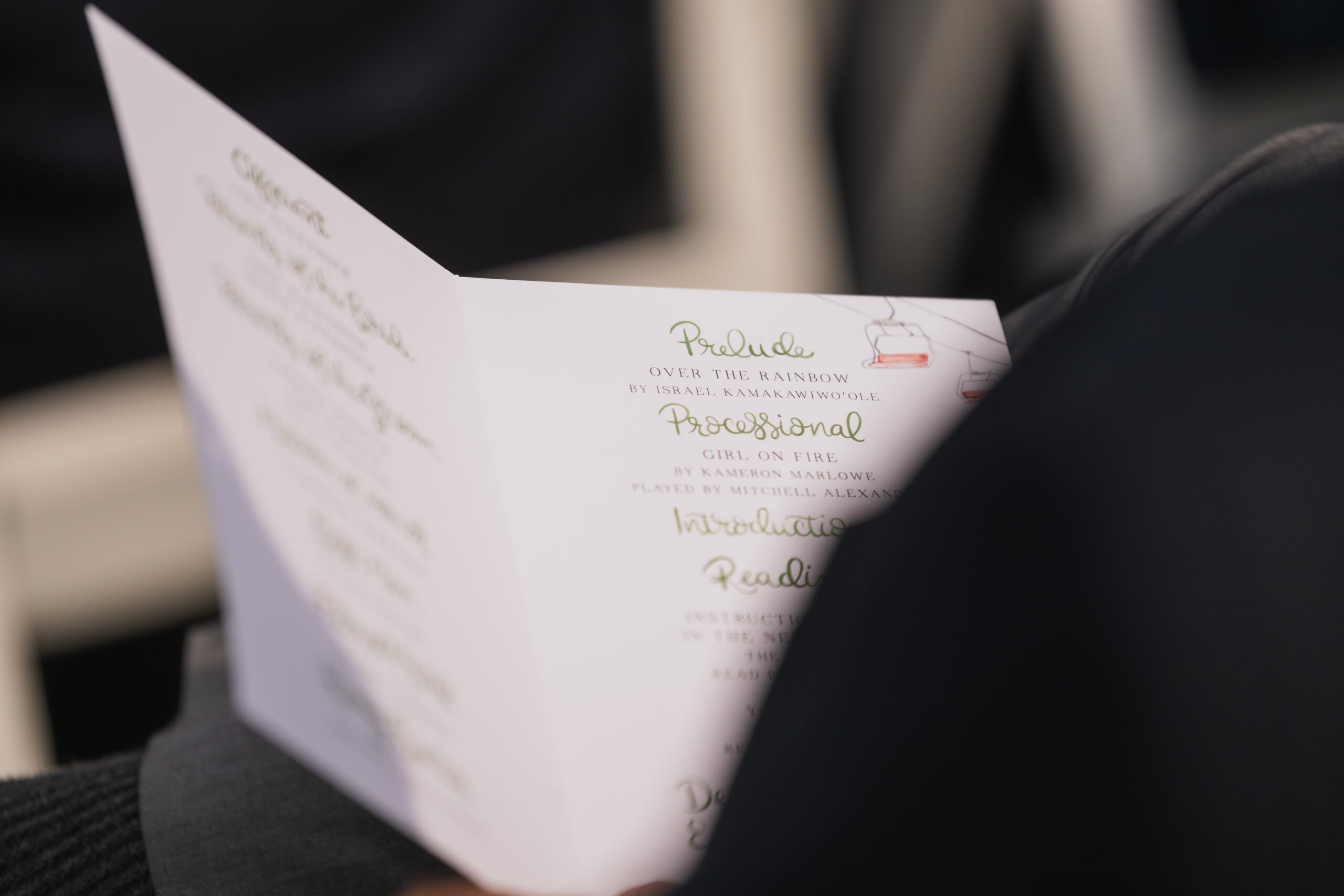
9. Why Choose A Unity Ceremony
A unity ceremony can be a beautiful addition to any wedding type. Popular unity rituals include lighting a unity candle, sand pouring, or tying a knot. These symbolic acts represent the joining of two lives and are often used to personalize traditional or civil ceremonies.
Officiant Requirements: Depending on the type of ceremony, unity rituals can be led by any licensed officiant or religious leader recognized in Vermont.
Officiant Requirements in Vermont
In Vermont, anyone performing a wedding ceremony must be authorized by the state. Officiants can be religious leaders, justices of the peace, judges, or someone ordained online or through a church. Vermont also allows for temporary officiant status for non-residents, which means a close friend or family member can apply for one-time permission to officiate your wedding. Just make sure to check the state’s requirements to ensure everything is legal!
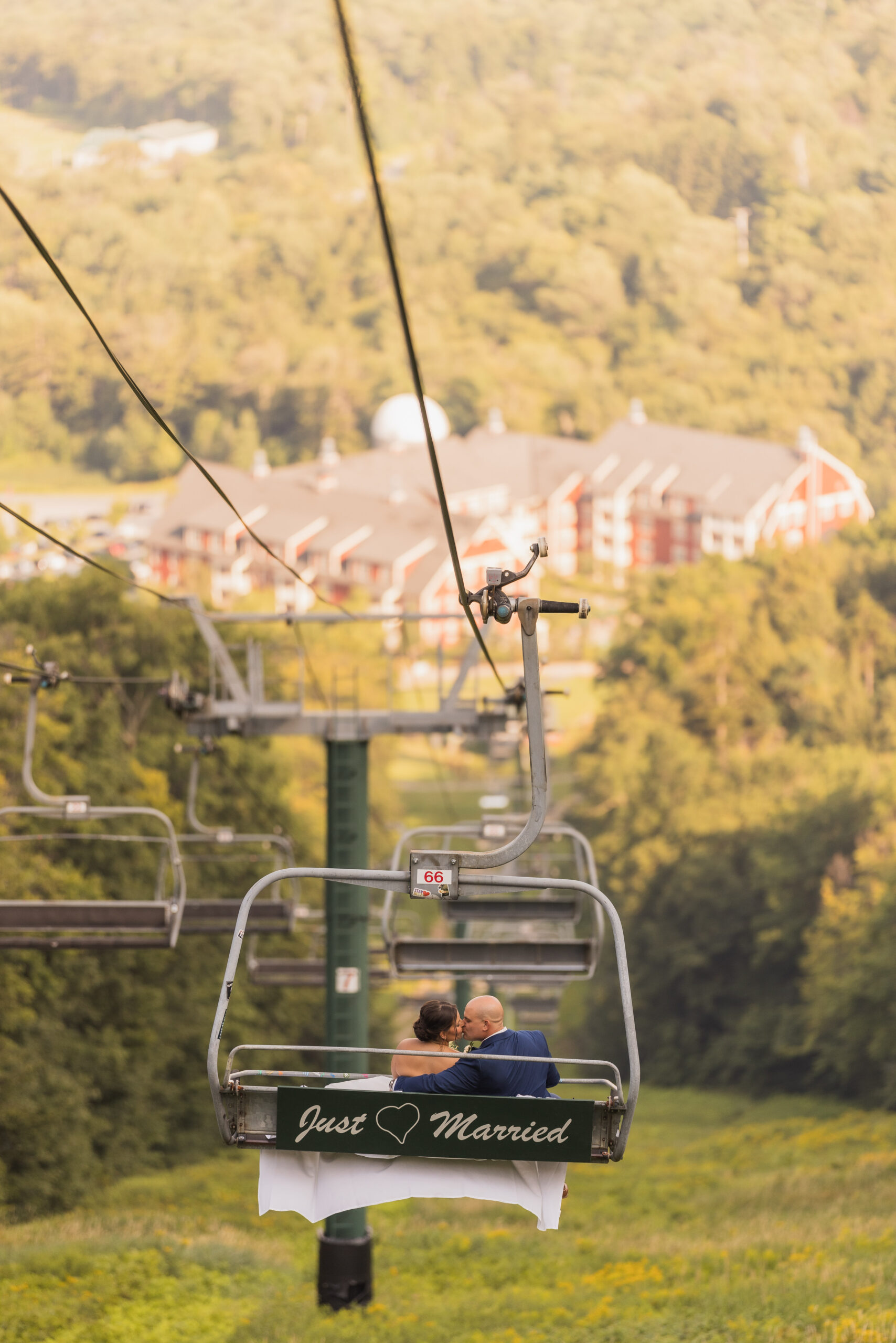
Choosing the right type ceremony is a significant part of making your day unique and meaningful. Whether you’re seeking a traditional religious service or a modern elopement, Vermont offers the perfect setting to make your wedding vision come to life. A Power Planning Session is the perfect way to talk out all of your options and finalize your choice. In just one meeting, we’ll review your options and guide you toward a decision. One session. Major clarity. Beautiful results.
September 24, 2024
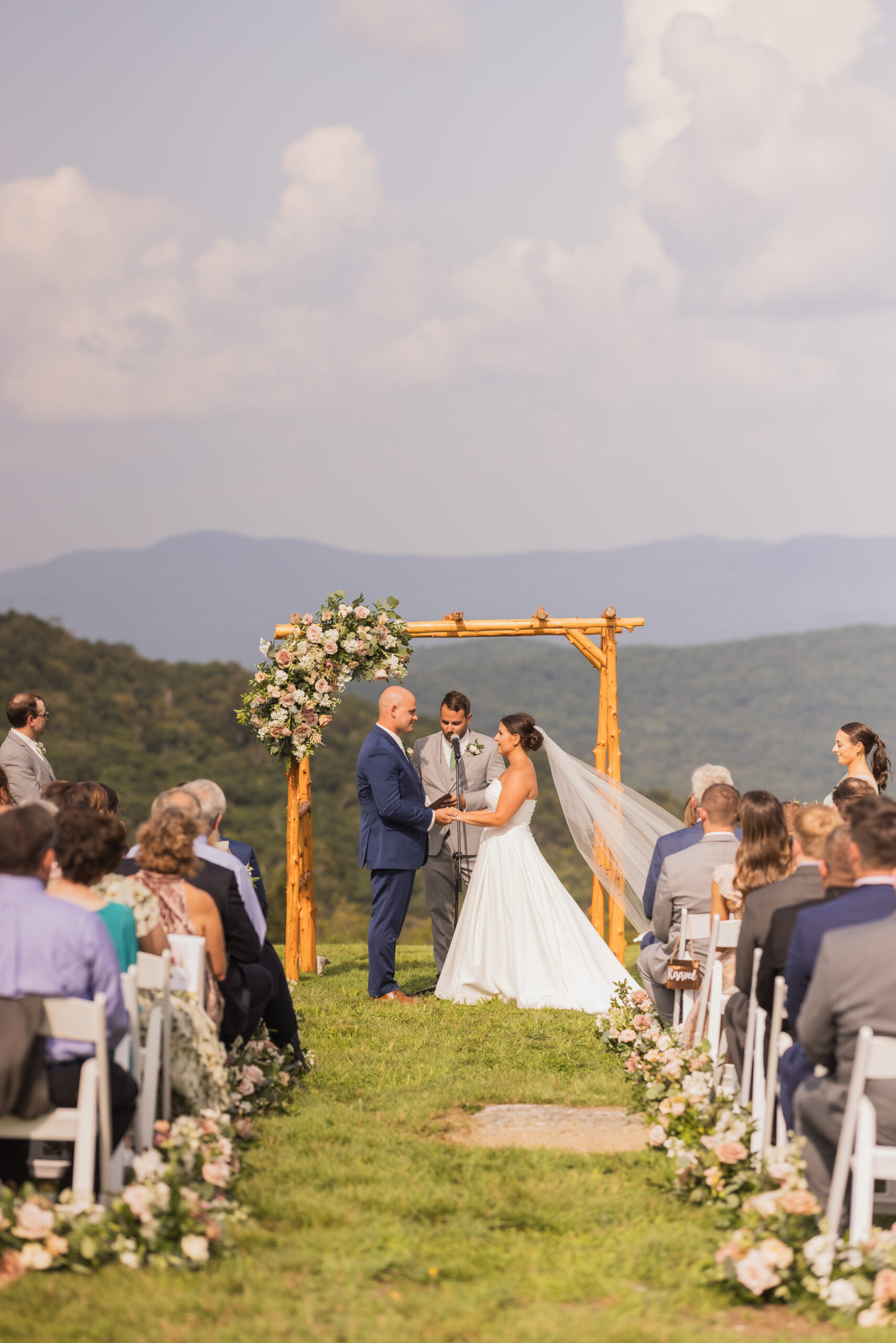
Assorted Artistries
journal